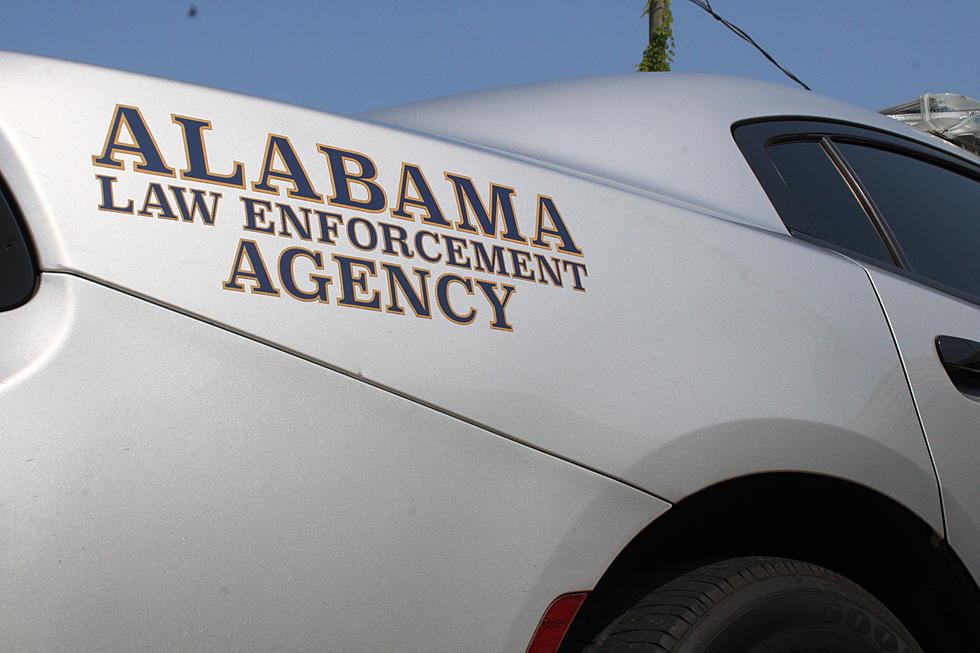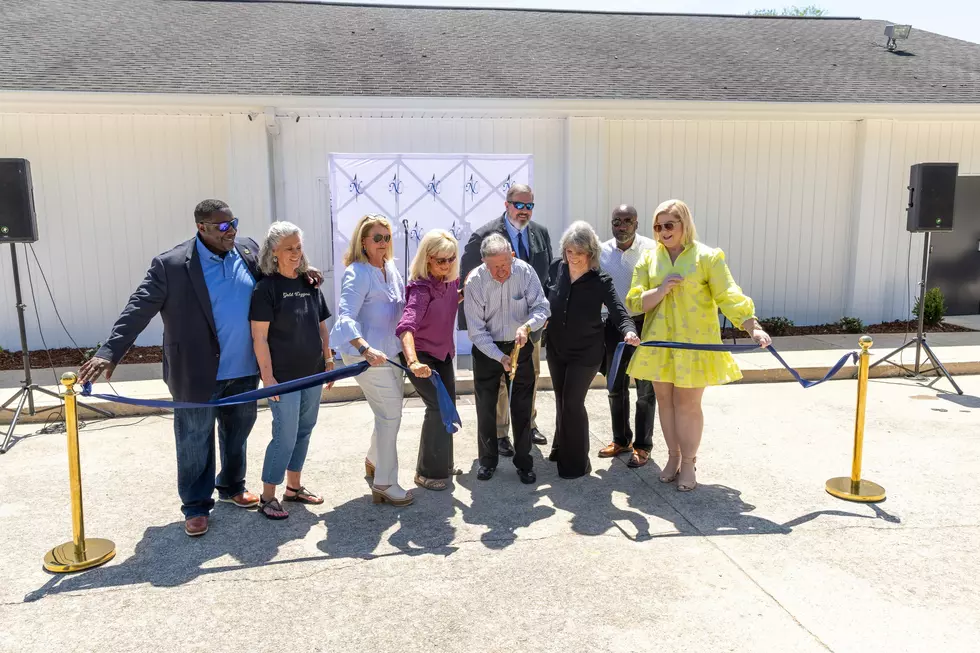
Alabama Governor Kay Ivey Issues ‘Limited’ State of Emergency for COVID-19
Alabama Gov. Kay Ivey has issued a State of Emergency in response to a worrying rise in COVID-19 cases throughout the state.
Since July 6, the date Ivey terminated Alabama's public health emergency, the state's positive case numbers have jumped by a factor of 10 during those five weeks of assumed freedom. As of Thursday, 2,441 Alabamians are in hospitals being treated for the virus – the state record is 3,084, a number that was reached in January. Five weeks ago, only 235 were hospitalized statewide.
"I am really proud that over the last month, Alabama has seen more than a 100% increase – the highest in the country – in COVID-19 vaccines being administered," Ivey said in a statement. "We owe those who have gotten the vaccine a tremendous debt of gratitude. No doubt, this will soon move us in the right direction, but at the current time, we also need to offer our frontline heroes – who are unfortunately treating a new wave of patients in Alabama's hospitals – a helping hand as they put it all on the line to take care of our people."
Ivey also reported that 95% of ICU beds across the state are occupied, resulting in "the lowest ICU-bed availability since the beginning of the COVID-19 pandemic. States like Mississippi, Louisiana and Arkansas are approaching or have already reached zero-bed availability due to their own surges.
Ivey described the State of Emergency as a "limited, narrowly-focused" way to clear any red tape that might stand in the way of health care workers taking care of patients. The order doesn't impose any restrictions, closures or further mandates.

"This state of emergency is strategically targeted at removing bureaucracy and cutting red tape wherever we can to allow our doctors, nurses and hospital staff to treat patients that come through their doors," Ivey stated.
The order addresses the following provisions:
- Cutting red tape for health care providers
- Expanding capacity of health care facilities
- Alternate standards of care
- Public Meetings
- Transportation of emergency equipment, services, supplies
- Waiver of certain federal hours-of-service requirements
- Procurement of emergency-related supplies
- Reimbursement for certain state employees
One thing Ivey wanted to make clear is that Alabama "remains open for business." All she asks at this time is that everyone comes together to protect themselves and each other in the simplest, most effective way possible: getting the COVID-19 vaccine.
"Alabamians do not need government telling us what to do or how to do it," she said. "Unlike last year when we were hoping for a miracle, our greatest weapon against COVID-19 today is the vaccine, so, if you can, roll up your sleeve and get the shot."
For more information on Alabama's most recent State of Emergency, visit governor.alabama.gov.
Alabama COVID-19 Vaccine Breakdown (June 2021)
Six Ways To Fight COVID-19
Flatten the Curve
10 Tuscaloosa Restaurants with Outdoor Dining
More From Tuscaloosa Thread









